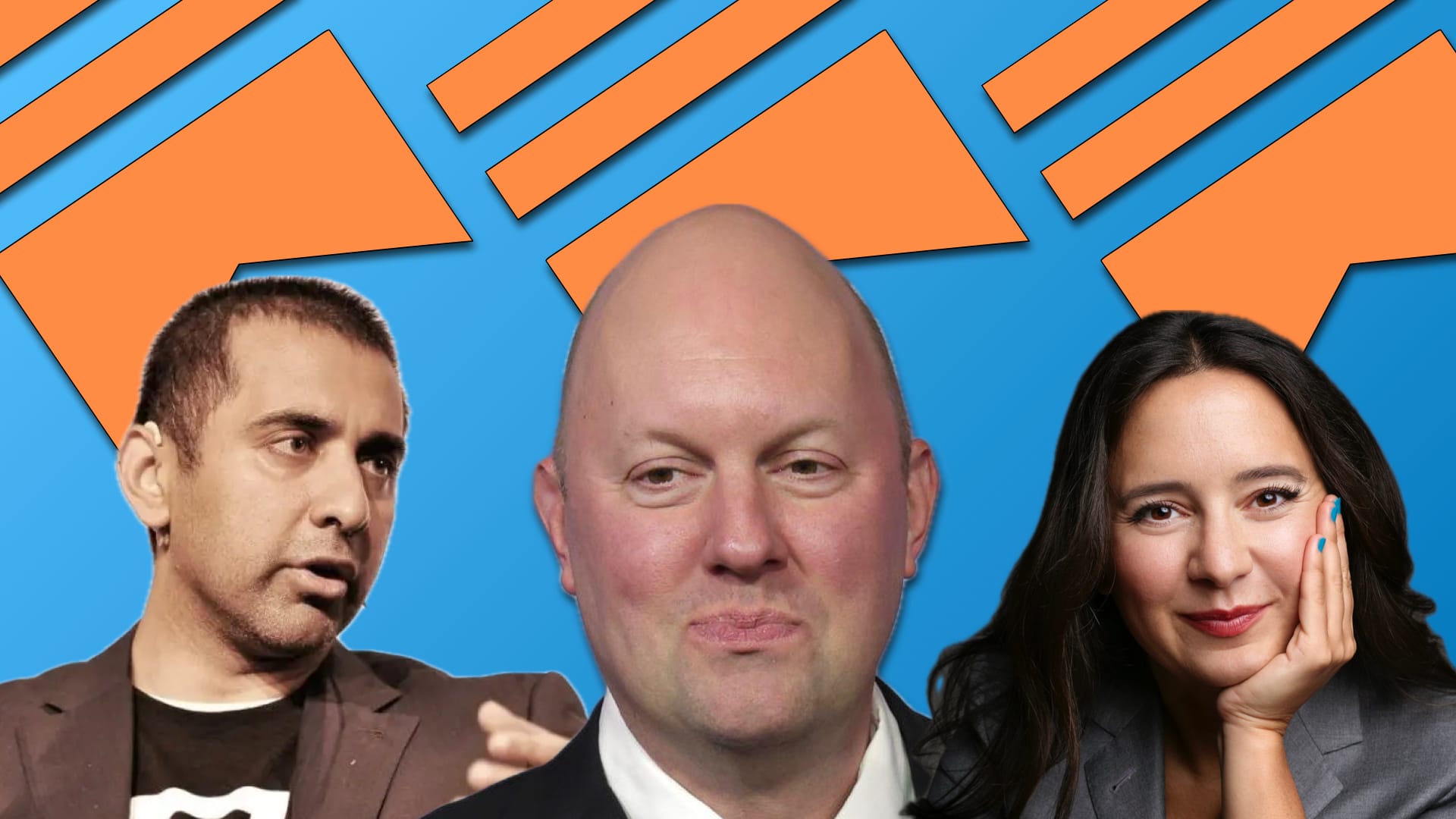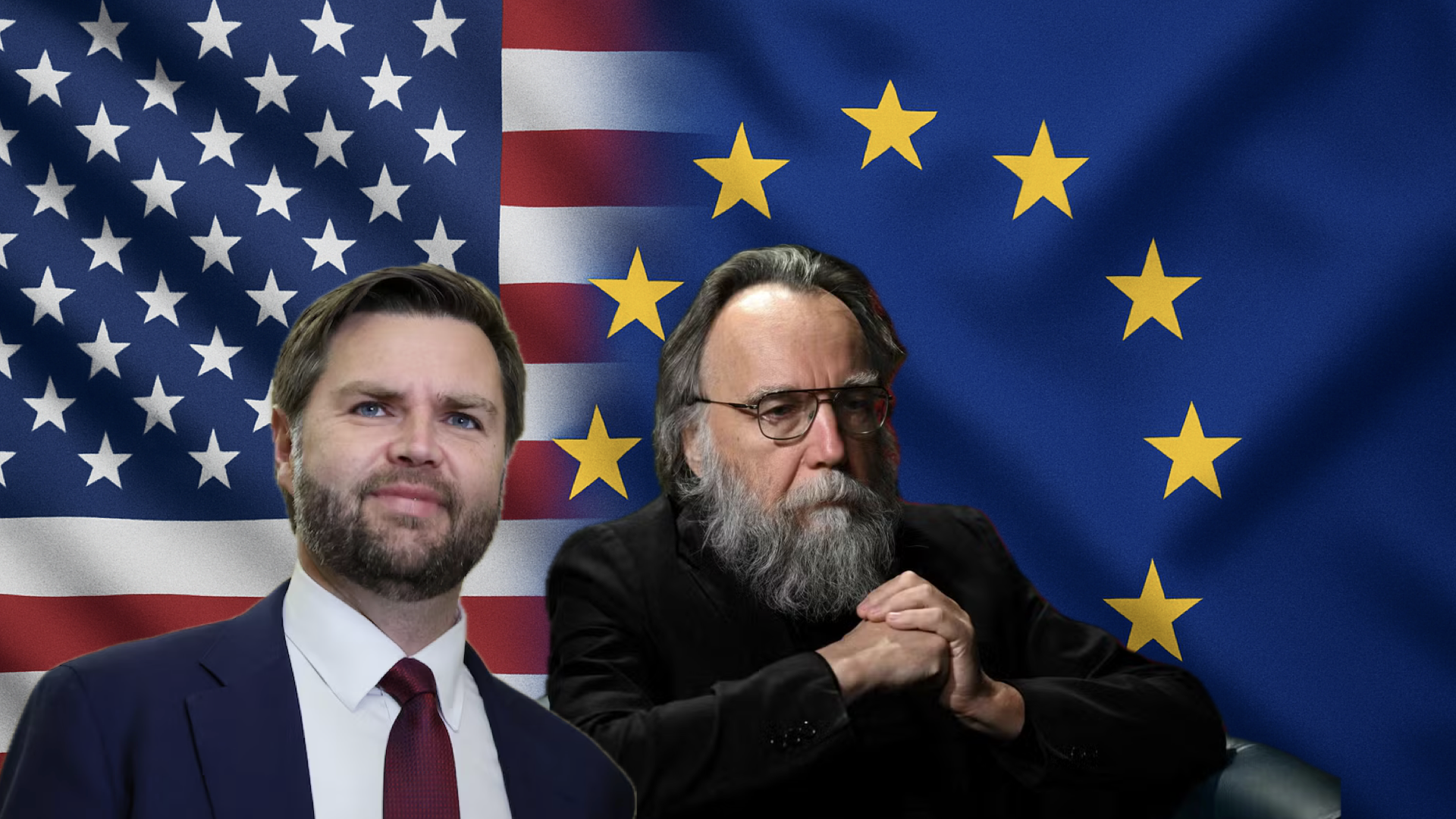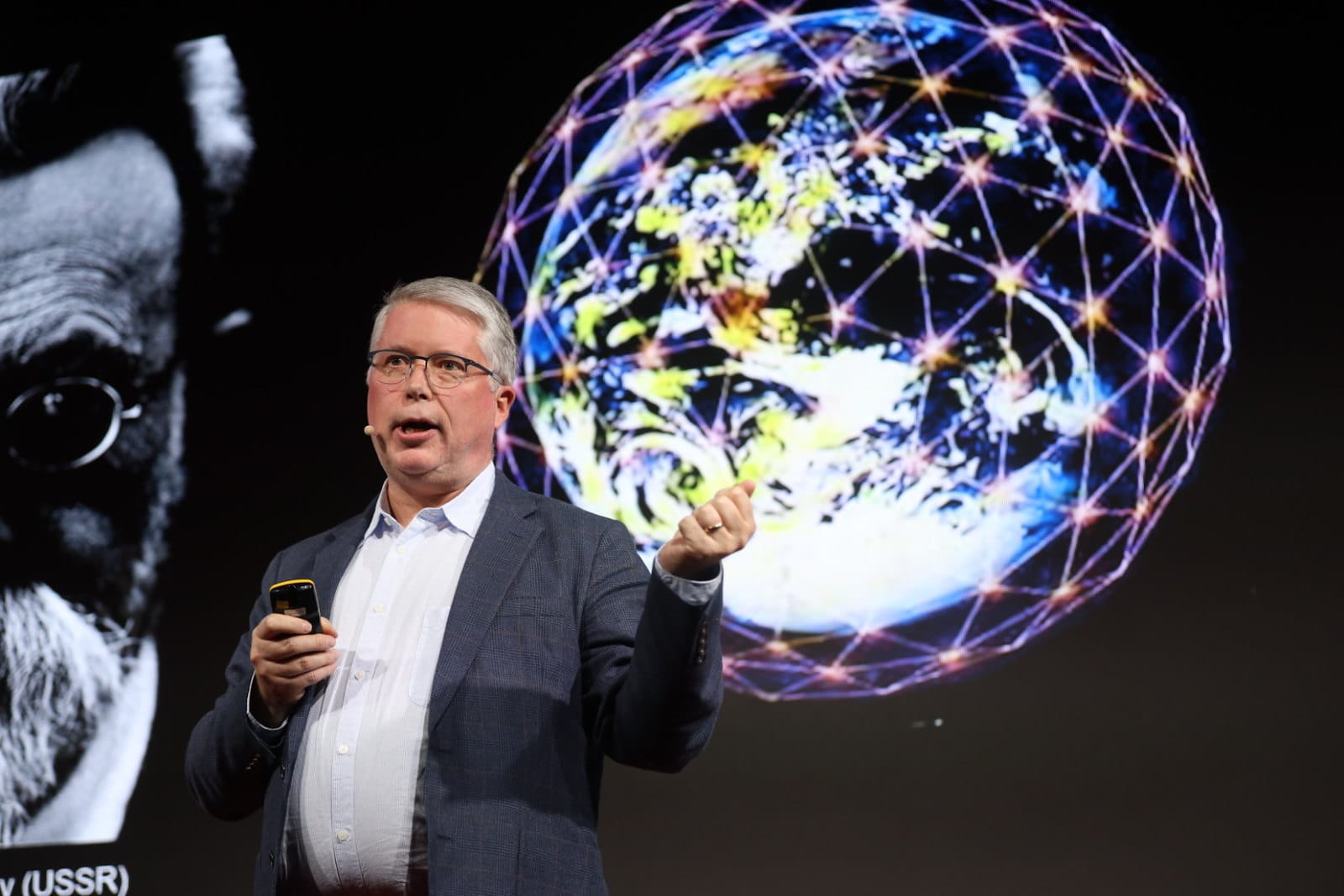Musk Isn't “Gone” — and Tech Fascism Is Running Rampant
Musk wants us to believe he's "left government" to focus on his companies. But the broader tech fascist movement he's enabling is moving forward at astonishing speed.

A chorus of media voices sang in unison this week, repeating in call-and-response fashion the tale of “Elon Musk leaving government,” implying that he would now return to “focusing on his companies,” presumably between hits of ketamine and Adderall. The public is being led to believe that Musk's DOGE efforts were either “a failure” or of limited impact, and that Congress needs to codify budgetary changes that would make them permanent.
Needle scratch — back up. This is revisionist history and it's being rewritten before the ink is even dry on the first draft. First, the substance of Musk's reign of terror at DOGE was conceived by Russell Vought, an architect of Project 2025, and now director of the Office of Management and Budget. Vought also now directs DOGE. Musk's operational role (to the extent he even had one, given his reported drug habit, his role as shadow president, and time spent spinning baby mama drama) was necessarily limited to coming up with daft, illegal ideas (five bullet point emails) and recruiting aspiring young fascists to his team of scoundrels. One can hardly imagine him running a meeting of any substance or having the attention span to oversee complex planning of any kind.
The DOGE effort left a trail of chaos that will take years to repair, with agencies from USAID (which was effectively eliminated) to the US Institute of Peace, Social Security, the IRS, the Corporation for Public Broadcasting and roughly two dozen others, all dealing with major structural impacts that will affect jobs and national security.
Along the way, the DOGE goons sucked up massive amounts of data by obtaining direct network access to databases, e-mail servers, and other key infrastructure. We actually have no idea what was pilfered and with whom the data was shared. But we can presume that Musk's xAI and Peter Thiel's Palantir are now privy to a wide range of data about the US government internals as well as personal information about every American, ranging from their tax returns to their health records. We should also assume that intelligence services in Moscow and Beijing now have some or all of this data as well.

And of course, DOGE is still operating under Vought's direction, with a current focus on cutting military spending. Vought also said in an interview that he would consider using impoundment to force DOGE cuts and bypass Congress. While some have argued that this would be a violation of the Impoundment Control Act of 1974 which limits Presidential authority to withhold funds appropriated by Congress, Vought argues that the act allows for “pocket recissions” — last-minute budget cuts at the close of the fiscal year that can override Congressional authority. So more DOGE cuts are likely, with or without Congress.
And even as Musk “left government” — at exactly the mandated 130 day limit for a special government employee — he did so with Trump saying that he “isn't really leaving” and presenting him with a golden key to the White House. Musk is obviously on good terms with both Trump and Vought; one may even wonder if Musk is ‘unofficially’ their boss.
And importantly, he now has the opportunity (with the help of a compliant mass media) to pump up the value of Tesla and his other companies which will enable him to fund primary challengers in 2026 and 2028. This is where his real power lies, and Trump and Congress both know it. Back in February, media was buzzing with press reports that Republicans were afraid of primary challengers backed by Musk. That hasn't changed, and indeed Tesla shares are now trading at the same level they were in February, after suffering a roughly 30% dip during Musk's stint at DOGE.
Musk also used DOGE to pursue vendettas and remove barriers for his companies — which serve as an expression of his personal obsessions. He went after the SEC, with which he has long had a rivalry, pursuing their email communications and personnel files. At the FAA, he caused the layoff of over 400 employees, and seemed to initiate a seizure and redesign of the antiquated Air Traffic Control (ATC) system, injecting Starlink terminals. He routed the Consumer Financial Protection Bureau (CFPB), which was likely to present barriers to Musk's plan to turn X into a payments platform.
At the FCC, he made efforts to redirect Universal Service Fund (USF) money, intended to subsidize rural communications networks, towards Starlink. While Trump withdrew Musk's preferred choice to lead NASA, Jared Isaacman, Musk made significant inroads into NASA to ensure favorable treatment for SpaceX.
With a raft of data, new contracts, and well-placed lieutenants, Musk is even more dangerous than he was before his rampage through government.
Tech Fascism Is Bigger than Musk
While media has fixated on Musk, others in his network have been charging ahead in their efforts to capture and privatize various aspects of government in the US and Europe. The New York Times has reported that Palantir is building a database with data on every American, drawing from multiple unspecified sources including, presumably, data harvested by DOGE and related efforts. This de facto data grab is being done without permission or discussion, and before any courts can weigh in on its legality. By the time the facts are presented to a judge, the changes will be irreversible.

Similar efforts are underway in the United Kingdom, with Palantir UK, which is led by Louis Mosley, the grandson of the notorious fascist firebrand Oswald Mosley. In 2023, Palantir won a contract to manage data for the country's largest and most personal agency, its National Health Service (NHS). It is reasonable to assume that Palantir holds more private information on individuals than any other company in history.
Larry Ellison, head of database giant Oracle and $1 billion participant in Musk's 2022 Twitter deal, has said that he wants to gather data on people, including DNA, in giant databases for study. In February, he told former UK Prime Minister Tony Blair, “We need to unify all the national data, put it into a database where it's easily consumable by the AI model, and then ask whatever question you like.” Oracle has also been floated as a perennial candidate to acquire the TikTok social video platform, with its data being a key target.
Marc Andreessen, head of venture capital firm Andreessen Horowitz, has been a major supporter of DOGE and a cheerleader for tech libertarianism, including the so-called “Abundance” agenda proposed by Ezra Klein and Derek Thompson.

He recently told Joe Lonsdale, another major Musk ally, at the Reagan National Economic Forum that he thought Abundance was “really good,” and adding “if the country is growing faster, it's going to be happier, whichever side of the political spectrum you're on.” Andreessen has also recently called for an increase in mining of critical minerals, in order to secure them for a tech enabled future.
Major media channels and university professors (New York Times, CNN, The New Yorker, Danielle Allen) have finally discovered Curtis Yarvin, the odious fascist troglodyte that experts on authoritarianism have warned about for a decade. But rather than cite those experts, these outlets have rewarded Yarvin with feature stories, edgy photoshoots, fawning interviews, and legitimizing debates — amplifying his reach. Whitney Phillips, author of a seminal 2018 report “The Oxygen of Amplification” explicitly warns against this practice, saying, “journalists covering the far-right fringe — which subsumed everything from professional conspiracy theorists to pro-Trump social media shitposters to actual Nazis – played directly into these groups’ public relations interests.”
Meanwhile, the Network State movement seeded by Yarvin and venture capitalist Balaji Srinavasan is lumbering along, helping to fuel Trump's expansionism and quest for minerals in Greenland. Musk ally Ken Howery, now ambassador to Denmark, and Praxis founder Dryden Brown seem to have been instrumental in putting Greenland onto Trump's radar again. (See: Meet the Bros Behind Trump's Greenland Bluster and Decoding the "Network State")
Tesla as Cartel Weapon
Musk's companies, and Tesla in particular, serve as a kind of super-weapon to advance the interests of the entire tech fascist movement. In that sense, he and Tesla can be seen as a front for a broader cartel of interests.
As a car company, Tesla's valuation makes no sense at all — trading at a price-to-earnings ratio of about 191, compared to about 8 for Ford ($F) and Toyota ($TM). The story used by Musk cultists to justify that huge gap is that the company isn't actually a car company, but is in fact an AI and robotics company, and that its future will be made on self-driving, ‘cyber-cab’ technology, and in robotics. Musk's big breakthroughs are always about two years away and never seem to quite materialize. When the stock falters, Musk always runs the same play with a pledge to re-focus and a matching set of stories and demos of amazing new future breakthroughs that are always right around the corner. And typically, this sends the stock soaring.
The current moment is no exception. Despite the widely-reported harms Musk brought to the Tesla brand over the last year along with a matching 49% sales slump in Europe and increased competition from BYD and other makers in Asia and elsewhere, the stock is back to its former levels, lifted by videos of dancing robots. It seems unlikely that the stock is buoyed by cultish retail exuberance alone and that perhaps state actors or other strategically aligned whales may be inflating the stock.
Regardless, Tesla stock is the broader tech-facsist cartel's superpower. Expect them to use leverage derived from it to reshape government, culture, and politics in 2026, 2028, and beyond. Musk hasn't surrendered — indeed, he and his allies are just getting started. ■
Thank you to Lora Kolodny, Gil Duran, Shanley Kane, and the many other America 2.0 collaborators who have been monitoring this space.
Additional Suggested Reading










